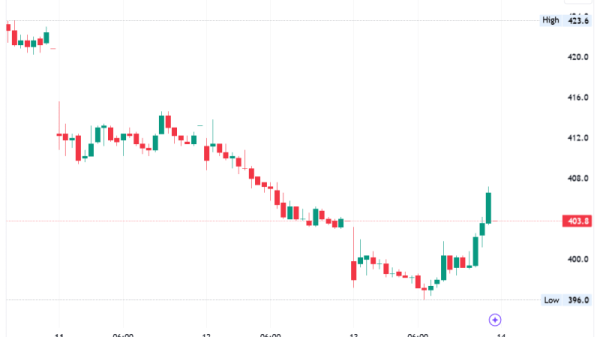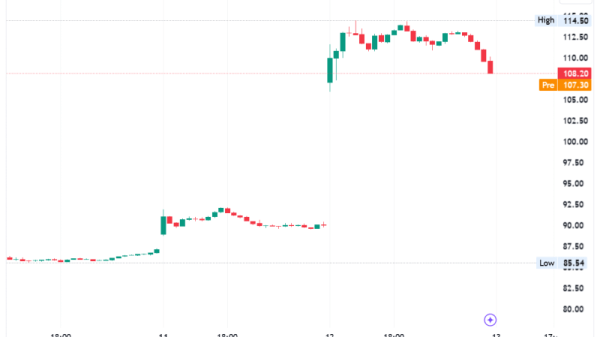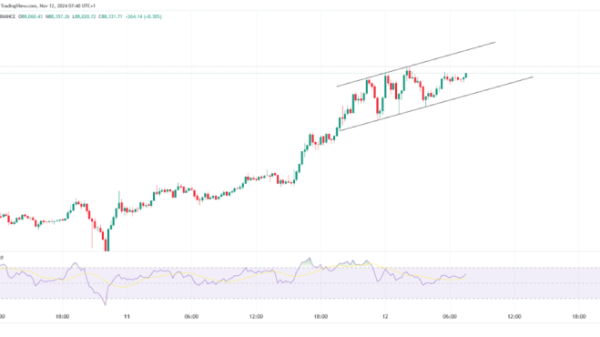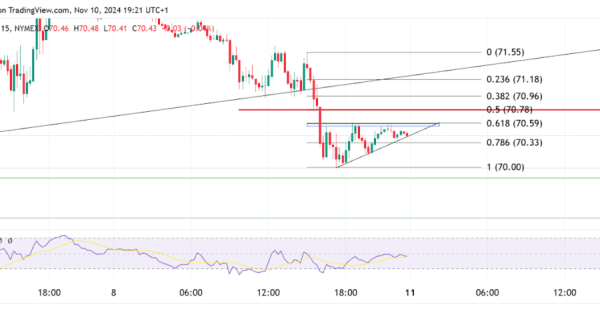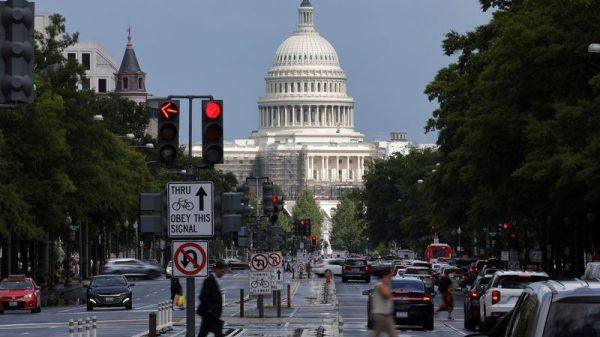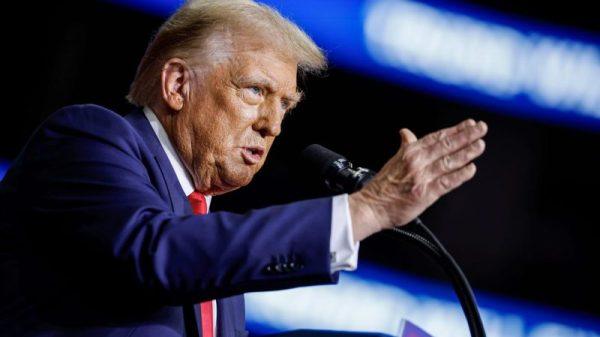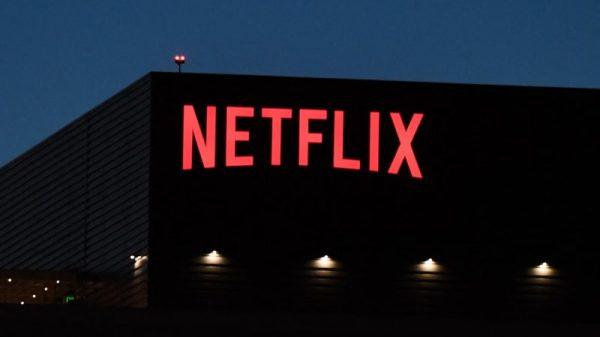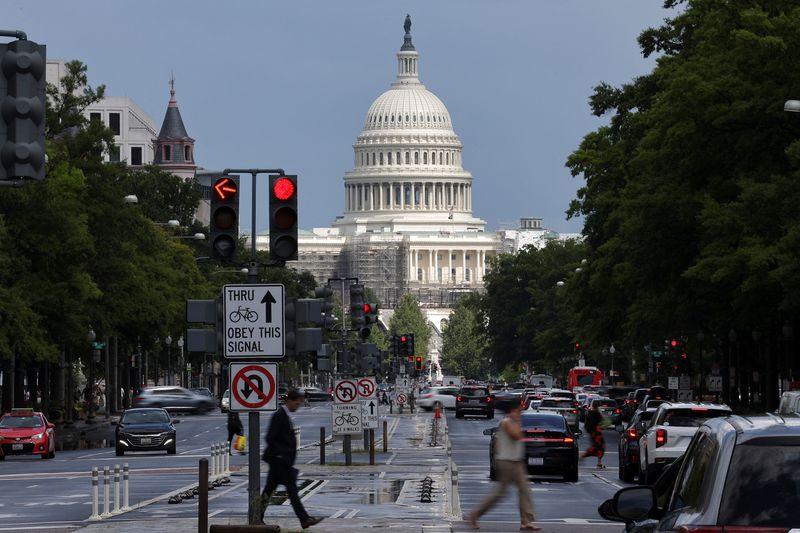By Davide Barbuscia
NEW YORK (Reuters) – A unified government under Donald Trump may offer investors reprieve from the bruising battles around the U.S. debt ceiling that have roiled markets in recent years, even as it raises the prospect of unbridled fiscal expansion that could pressure bonds over the longer term.
The President-elect’s Republican Party will control both houses of Congress when he takes office in January, Edison Research projected on Wednesday.
The so-called Red Sweep gives the Trump administration more leeway to push through its economic platform, including tax cuts and tariffs, which could spur growth while juicing inflation and adding to worries over the U.S. budget deficit.
But one-party control of government could also make it easier to come to an agreement on raising the debt ceiling, a cap on borrowing set by the federal government that requires approval by a majority of lawmakers. A debt ceiling showdown last year spurred a sell-off in stocks and bonds, pushed the U.S. to the brink of default and hurt the country’s credit rating.
“It doesn’t solve the fiscal sustainability questions going forward, but if the debt ceiling is less of a concern, it does solve the more near term concerns,” said Jonathan Cohn, head of U.S. rates desk strategy at Nomura Securities International.
Yields on the benchmark 10-year Treasury hit their highest level in over four months on Nov. 6, suggesting investors were positioning for stronger growth but also higher inflation and wider budget deficits following Republicans’ strong showing in the Nov. 5 election. Yields rise when bond prices fall.
At the same time, a market measure of the cost of insuring against a U.S. government debt default dropped sharply after the vote. Spreads on U.S. one-year credit default swaps (CDS) stood at 18 basis points on Wednesday from 49 basis points on Election Day, according to S&P Global Market Intelligence data.
That followed sharp increases ahead of the election suggesting concerns over a U.S. borrowing-limit political dispute next year – one widely expected outcome of a split government.
“The drop in U.S. sovereign CDS certainly reflects the lower risk of a debt ceiling crisis manifesting as a credit event or a default event as long as the same party controls Congress and the Executive,” said Thierry Wizman, global FX and rates strategist at Macquarie Group (OTC:MQBKY).
Democratic President Joe Biden and the Republican-controlled House of Representatives reached a debt ceiling agreement last year that lifted the government’s $31.4 trillion borrowing limit, ending months of political brinkmanship and averting a historic default by just two days.
The standoff nevertheless earned the U.S. a black eye: rating agency Fitch downgraded the U.S. government’s top credit rating by one notch later in the year and Moody’s (NYSE:MCO) followed by changing its outlook on the sovereign to “negative” from “stable,” partly due to political polarization in Congress limiting the government’s ability to reach consensus on fiscal reforms.
The debt ceiling is set to be reinstated on Jan 2. Strategists estimated the Treasury would reach its so-called X-date, when it runs out of funds to meet all of its debt obligations, in the second half of 2025.
Last year’s fireworks are unlikely to repeat this time around as “the most contentious debates have come with a Democrat in the White House and Republican control of the House,” strategists at JPMorgan wrote.
But bond investors might still have their share of worries. Expectations of stronger economic growth and inflation are already pushing many to roll back bets on how deeply the Federal Reserve will cut interest rates next year, weighing on bonds.
A unified government could add to those pressures. Moody’s, the last of the three major rating agencies to maintain a top rating for the U.S., last week warned the country’s fiscal health is at higher risk.
Deficit growth could eventually lead investors to demand a higher premium for holding U.S. debt, wrote Naomi Fink, chief global strategist at Nikko Asset Management.
“The bond market may experience potential disruptions if external investors demand a higher premium to finance U.S. external deficits,” she said.

